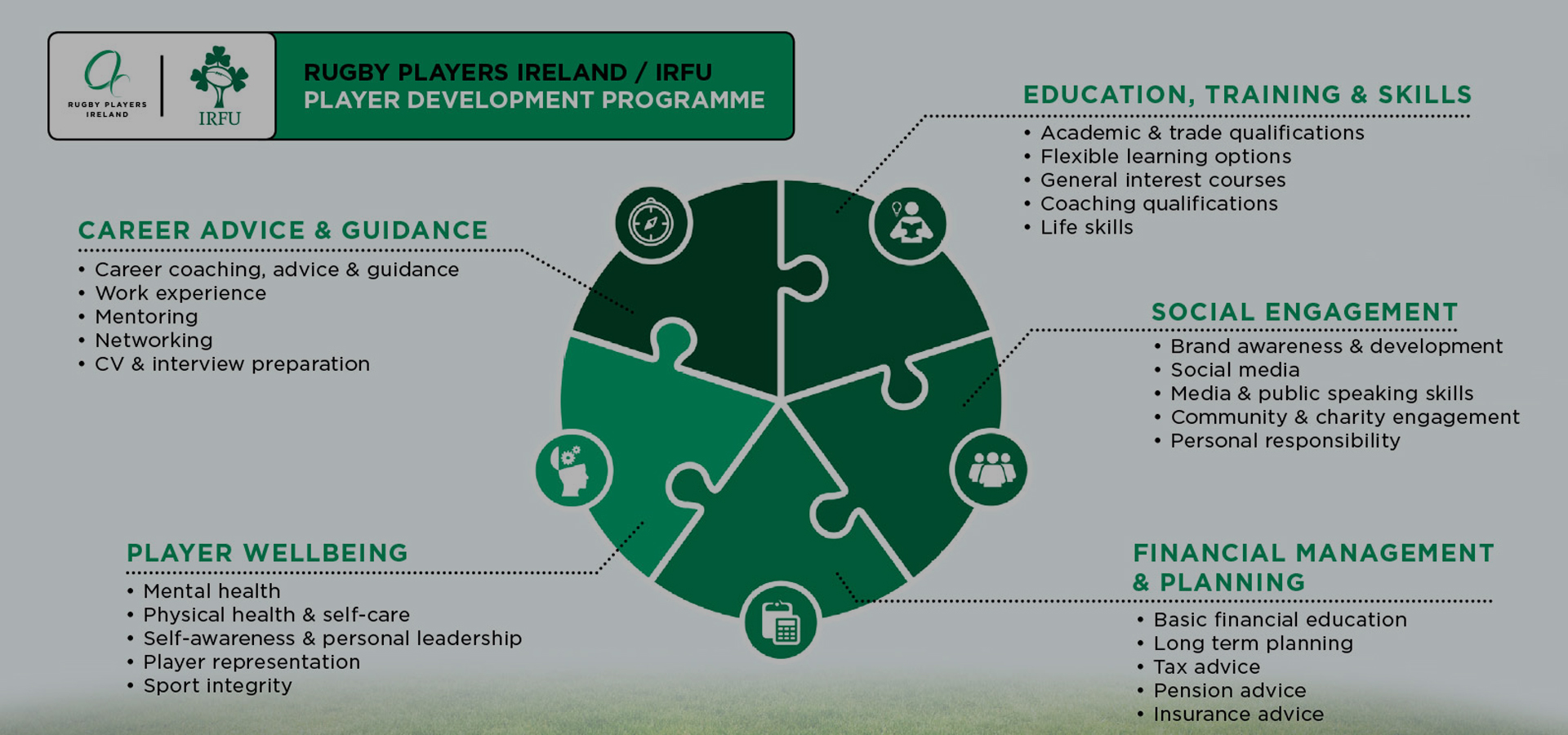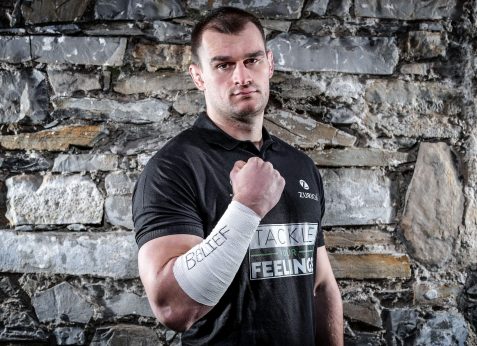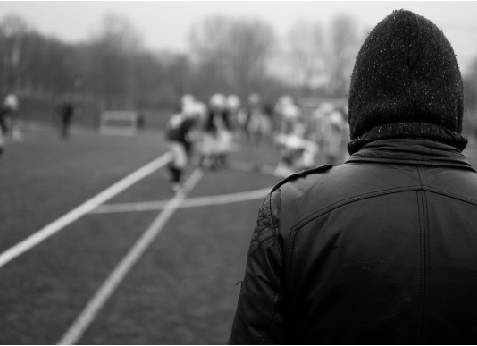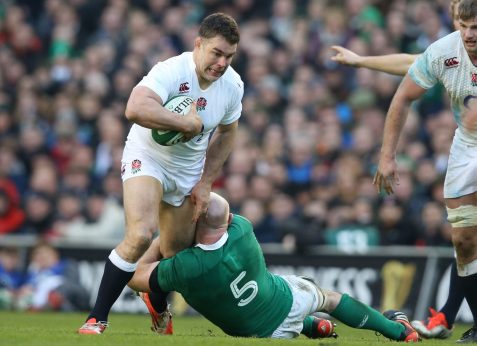CV Example
PROFILE
A highly organized and disciplined leader whose motivation and attention to detail has enabled him to consistently achieve success at the highest level in rugby union.
An innovative and effective communicator, this personable individual has a proven ability to successfully manage challenges.
PROFESSIONAL WORK EXPERIENCE
6/1997 to 6/2010 Leinster Rugby, Dublin
Professional Rugby Player
Leinster Rugby is a leading European Rugby Club competing in the Heineken Cup Championship.
• Team player and key game strategist – 90 appearances for Leinster
• Planning, monitoring and implementation of strategic moves
• Supported the management team through a significant change programme
• Managed relationships with an extensive support team
• Captained the Leinster Rugby team
• Developed and mentored younger players
• Player representative liaising with coach and management
• Contributed to media coverage and attended sponsorship events
• Magners League Ambassador for 2009/2010
• Delivered and maintained a professional image of Leinster Rugby
• Set short and long term personal and team goals and implemented strategies to achieve these goals
• Operated in a professional environment requiring intensive weekly reviews of individual and team performance
EDUCATION
1998-2001 BA. (Hons) National College Ireland Dublin
Subjects studied: Business
1992-1998 Gonzaga College Dublin
Subjects studied: Math’s, English, Irish, French, Art, Biology, Classical studies,
and Geography
PROFESSIONAL DEVELOPMENT
• ECDL
• Enda McNulty Motiv8 Training Programme
RUGBY ACHIEVEMENTS
• Barbarians 2007
• Ireland Schools 1995
• Ireland Under 21 1997
• Achieved four Triple Crown victories and one Grand Slam
• European Heineken Cup Champion 2009
• Magners League Champion 2008
VOLUNTARY WORK
• Ambassador for Concern 2009 to present
• St Mary’s College Senior Cup Technical Advisor 2005 to 2009
• Active volunteer with Kildare Primary Schools
References Available on Request
CV, Cover Letters and Interviewing
CV, COVERING LETTERS AND INTERVIEWS
“The purpose of the covering letter is to get the employer to read your curriculum vitae (CV), the purpose of your CV is to get an interview, and the purpose of an interview is to get a job offer.”
This section contains information on how to apply for a job and manage the interview process. The links below provide guidelines on how to write a good CV and covering letter, and offer guidance on interview preparation and technique.
Players are reminded that these resources do not replace the regular one-to-one support that Personal Development Managers provide in this area. So, have a go at writing your CV and a covering letter, practise answering interview questions, and then contact your Personal Development Manager for feedback, additional support and guidance.
CV Do’s and Don’ts (link)
Sample CV 1 (link)
Sample CV 2 (link)
Personal Statement examples (link)
Cover letter tips (link)
INTERVIEW TRAINING
Are your job interview skills a little rusty? If so, take advantage of the 1-2-1 Interview Training service being provided by our Personal Development Managers. With massive competition in the current jobs market, the ability to successfully market your skills and positively influence potential employers has never been so important. Support will be given on:
• Create instant rapport with your interviewer.
• Apply techniques to increase your confidence and ability to influence.
• Understand the mindset of the interviewer.
• Effectively communicate your skills and experience with authority.
• Selling yourself


















